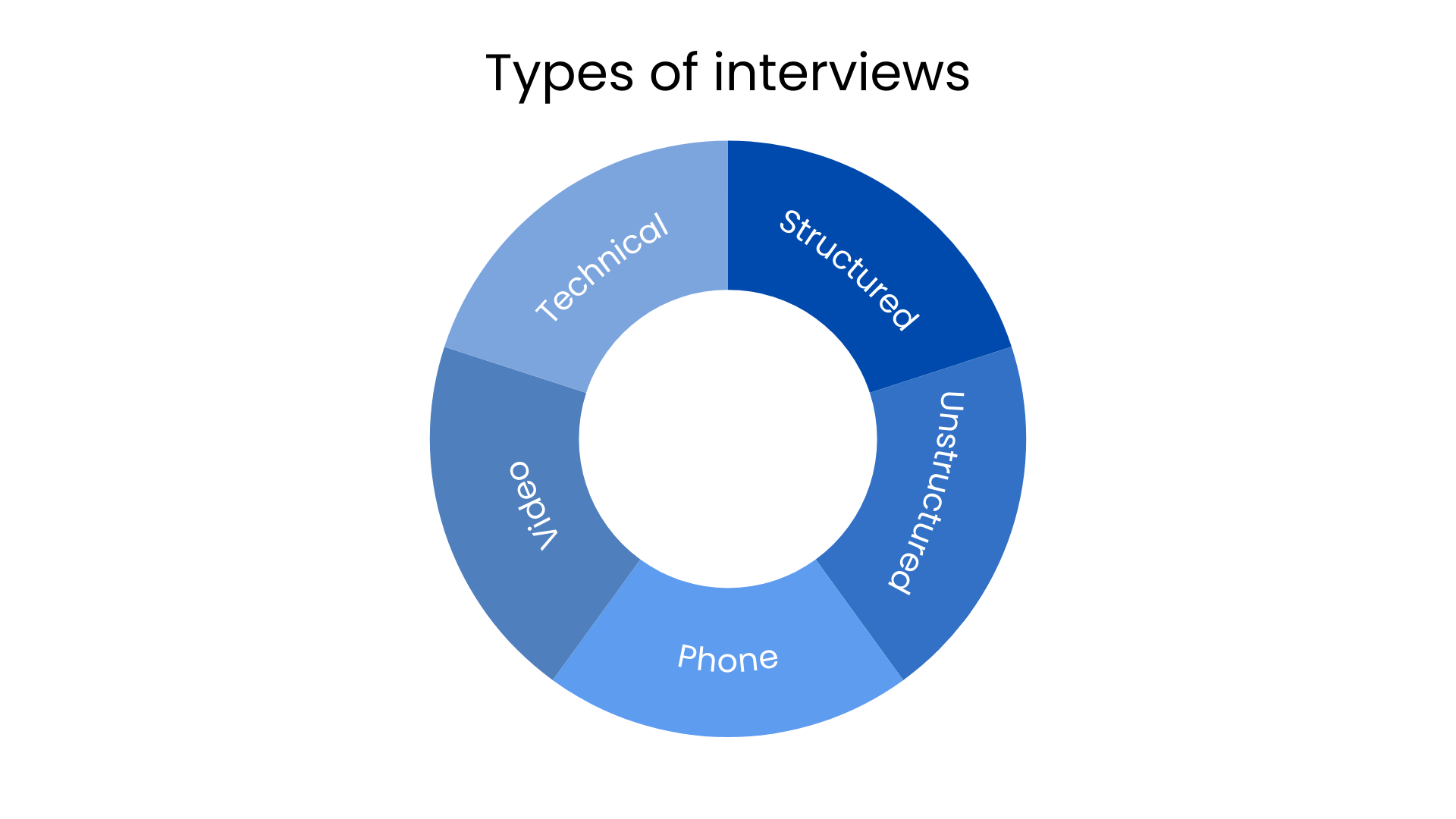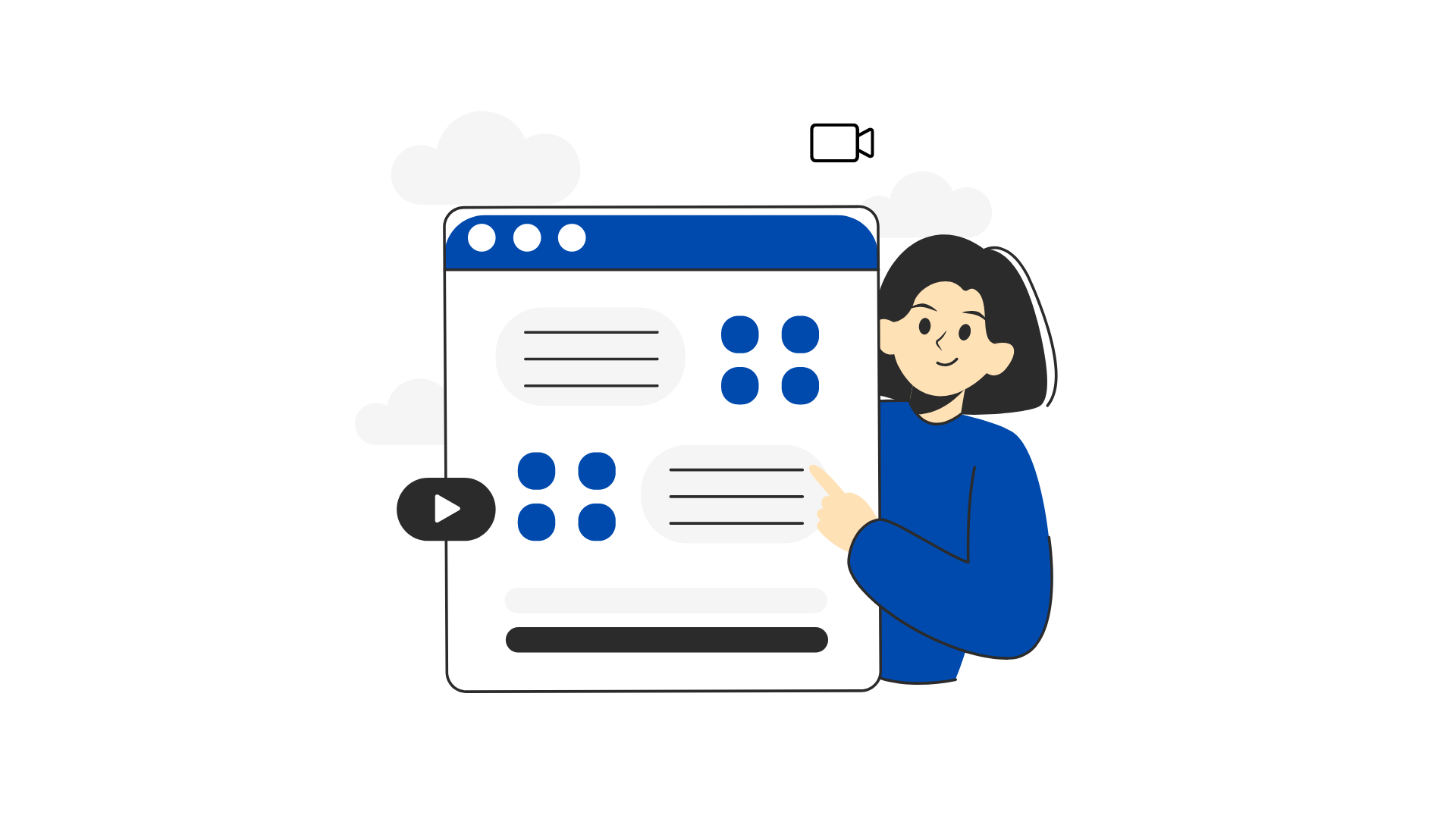Interview scheduling is a critical step in the hiring process, where employers arrange meetings with potential candidates to assess their suitability for a role. It sounds simple, but there’s an art to scheduling interviews efficiently that can significantly impact the overall effectiveness of the hiring process. This article will dive into what interview scheduling involves, best practices, and how technology can streamline the process.
Interview scheduling is more than just picking a time and date. It involves coordinating the calendars of multiple parties, considering time zones, availability, and preferences, much like a conductor harmonizing an orchestra to create a symphony. It’s the first real interaction candidates have with your company, making it a critical touchpoint in the recruitment process
Common challenges in scheduling interviews
Scheduling interviews isn’t without its hurdles. Conflicts in availability, time zone mismatches, and last-minute cancellations are just some of the issues that HR faces. Handling these challenges gracefully is key to maintaining the integrity and pace of the hiring process.
Types of interviews
When planning your recruitment strategy, it’s crucial to understand the different types of interviews that can be scheduled. Each type has its own unique characteristics and can be selected based on the job role, industry, and depth of assessment required. Here’s a breakdown of the most common interview types:

- Structured interviews
In the competitive world of recruitment, finding the perfect candidate requires a structured interview approach. This method involves asking all applicants for the same position a set of predetermined questions in a specific order. This ensures consistency and fairness during the evaluation process, allowing you to objectively compare the qualifications and fit of each candidate
- Unstructured interviews
Unstructured interviews are more like casual conversations where the flow of the discussion is not strictly predefined. This type allows interviewers to explore the candidate’s personality, motivations, and decision-making skills in a more open-ended manner.
- Technical Interviews
Especially common in the tech industry, technical interviews assess a candidate’s technical skills and knowledge pertinent to the role they are applying for. These interviews often include practical tasks, problem-solving exercises, or coding tests. - Video Interviews
With the rise of remote work, video interviews have become increasingly popular. These interviews are conducted via video call, allowing for a face-to-face experience without the need for physical presence. They are convenient, save travel time and costs, and are essential for reaching global talent.
- Phone Interviews
Phone interviews are typically used during the initial screening stages. They help recruiters assess whether a candidate’s qualifications, experience, and salary expectations align with the role before committing to a more in-depth interview.
Source, track, evaluate, and hire candidates 10X faster!
Join 4700+ business across the globe and improve the quality of your hiring.
Best Interview Scheduling Softwares

- PyjamaHR
PyjamaHR is a leading AI-powered ATS (Applicant Tracking System) that enhances the entire hiring and recruiting process. This top-rated software streamlines various aspects of recruitment, making it ideal for managing interviews, job postings, and candidate assessments effectively. PyjamaHR offers a comprehensive solution that simplifies recruitment tasks and improves hiring efficiency. - Calendly
Calendly is widely recognized for its simplicity and robust functionality in scheduling meetings. It eliminates the back-and-forth of email communications by allowing candidates to choose their own interview times based on real-time availability. Calendly integrates smoothly with personal and professional calendars, supports time zone synchronization, and offers customizable settings to fit various scheduling needs. - Setmore
Setmore empowers businesses to manage appointment bookings more effectively with features that extend well beyond interview scheduling. It provides a clean, straightforward interface where recruiters can set availability, manage multiple staff calendars, and even handle appointment reminders automatically. Setmore’s versatility makes it an excellent tool for organizations that also require scheduling for services, consultations, and more. - Cronofy
Cronofy is not just a scheduling tool but a complete calendar integration solution that works with multiple calendar services to prevent double bookings and streamline the scheduling process. It offers features such as real-time scheduling updates, customizable booking links, and the ability to integrate with existing recruitment software. Cronofy is ideal for larger organizations seeking robust calendar management capabilities alongside their scheduling needs.
These platforms each offer unique benefits that can help simplify the complexities of interview scheduling, ensuring a more efficient and candidate-friendly hiring process. Incorporating one of these tools into your recruitment strategy can significantly improve both the speed and quality of your interview workflow.
Impact on candidate experience
The scheduling process can significantly impact the candidate experience. A smooth, straightforward scheduling process reflects well on your company’s brand and can be a deciding factor in a candidate’s choice to accept a job offer. On the other hand, a disorganized or difficult process might deter top talent from proceeding with their application.
Takeaway
Efficient interview scheduling is crucial for maintaining a swift and effective hiring process. It not only saves time and reduces costs by minimizing delays but it also enhances the candidate experience and supports your company’s reputation as an employer of choice. By integrating innovative scheduling tools and adhering to best practices, organizations can tackle the challenges of interview scheduling and improve their overall recruitment strategy.


